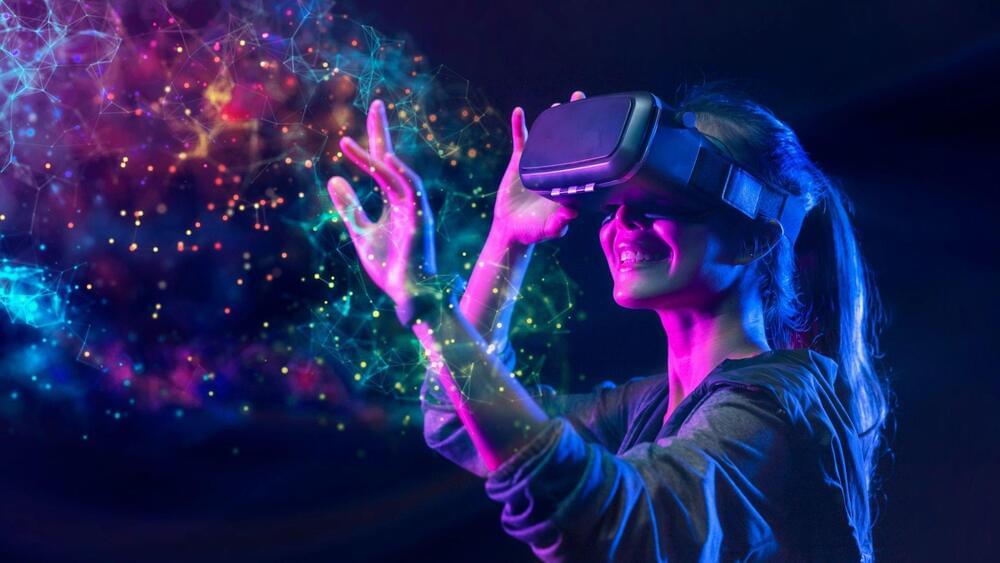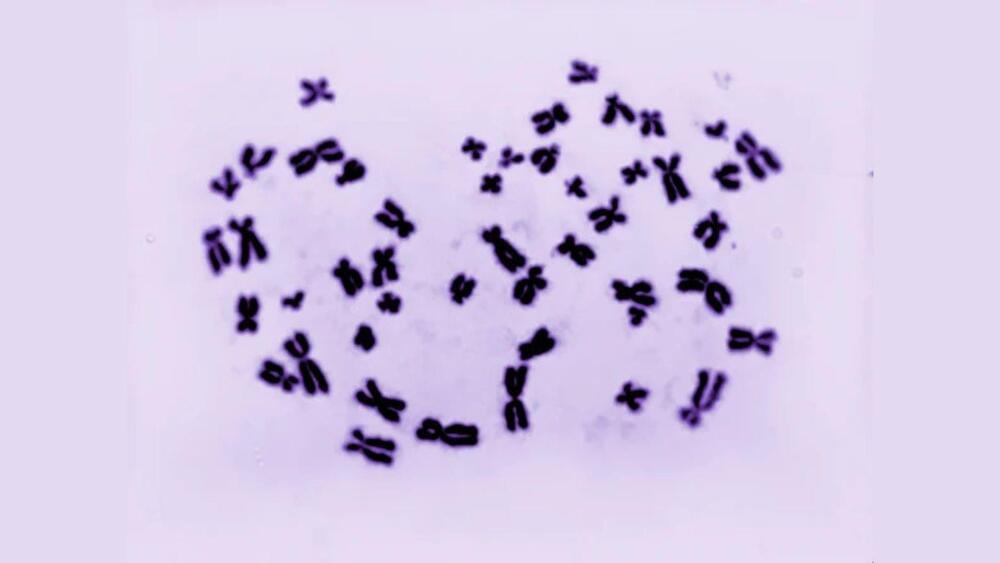NGC 1,566 is a rare bird among galaxies: Gas and dust are still falling into the supermassive black hole at its center, fueling powerful outbursts of radiation that, in shorter wavelengths of light, make the galaxy’s center blaze brighter than all the rest of its stars combined.
Of the thousands of galaxies astronomers have found, cataloged, and studied so far — and the tens of billions in the universe — only about 10 percent have actively-feasting supermassive black holes at their centers. And NGC 1,566 is the second-brightest of these. At 40 million light years from Earth, it’s also one of the closest, making it a prime target for astronomers.
Hubble’s Wide Field Camera captured a near-infrared view of NGC 1,566 back in 2014, which revealed long, swirling arms ablaze with stars and laced with dark strands of interstellar dust. Even in visible and near-infrared light, the galaxy’s core is bright.





